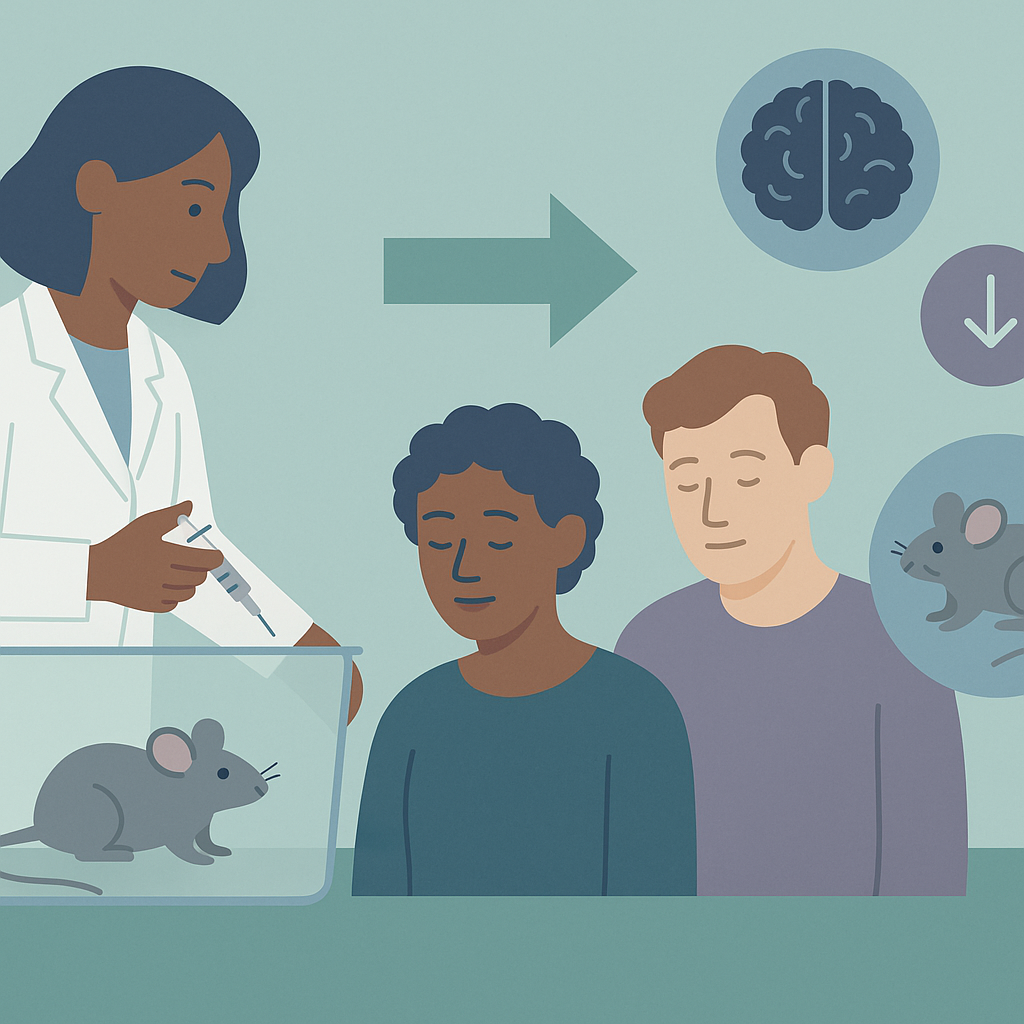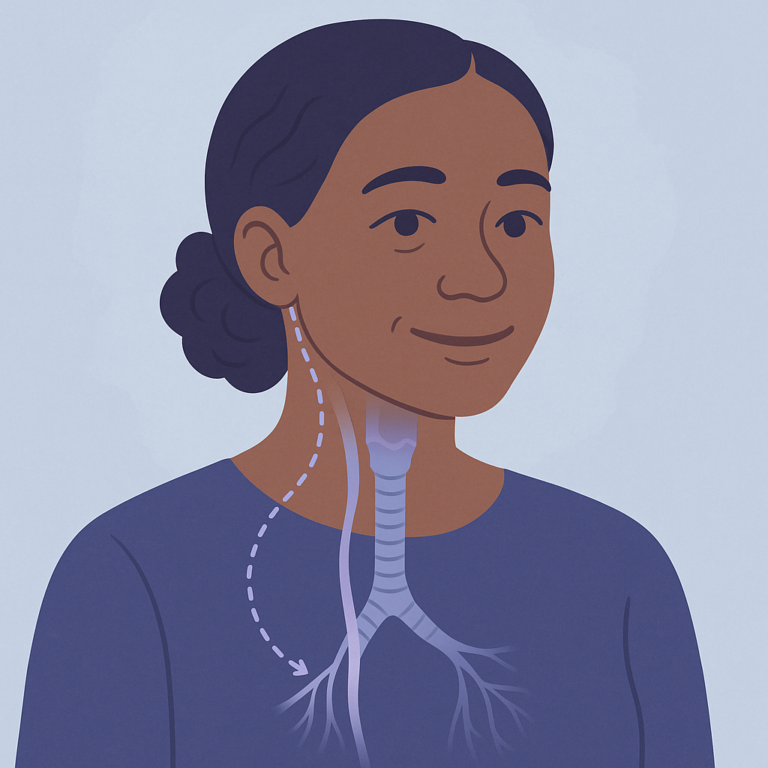KMO Inhibition Reduces Seizures and Depression in Mice
Source: Current issues in molecular biology
Summary
This study looked at how blocking a specific enzyme called kynurenine-3-monooxygenase (KMO) affects seizures, depression-like behaviors, and thinking abilities in mice with epilepsy. The researchers used male Kunming mice, dividing them into four groups: one group with epilepsy, one with epilepsy treated with the KMO blocker, and two healthy groups, one of which also received the treatment. They induced epilepsy in the mice and then monitored their seizures, mood, and cognitive functions through various tests.
The key findings showed that the mice treated with the KMO blocker had fewer and less severe seizures compared to those that were not treated. Additionally, these treated mice displayed fewer signs of depression and performed better in tests that measured their thinking abilities. The treatment seemed to correct an imbalance in certain brain chemicals that are linked to both seizures and mood, suggesting that blocking KMO could help improve both seizure control and mood in people with epilepsy.
These results are important because they suggest a new potential treatment for managing not just seizures but also depression in people with epilepsy. However, it's important to note that this study was conducted in mice, so more research is needed to see if these findings apply to humans. Additionally, the long-term effects and safety of KMO inhibition in people are still unknown.
Free: Seizure First Aid Quick Guide (PDF)
Plus one plain-language weekly digest of new epilepsy research.
Unsubscribe anytime. No medical advice.





